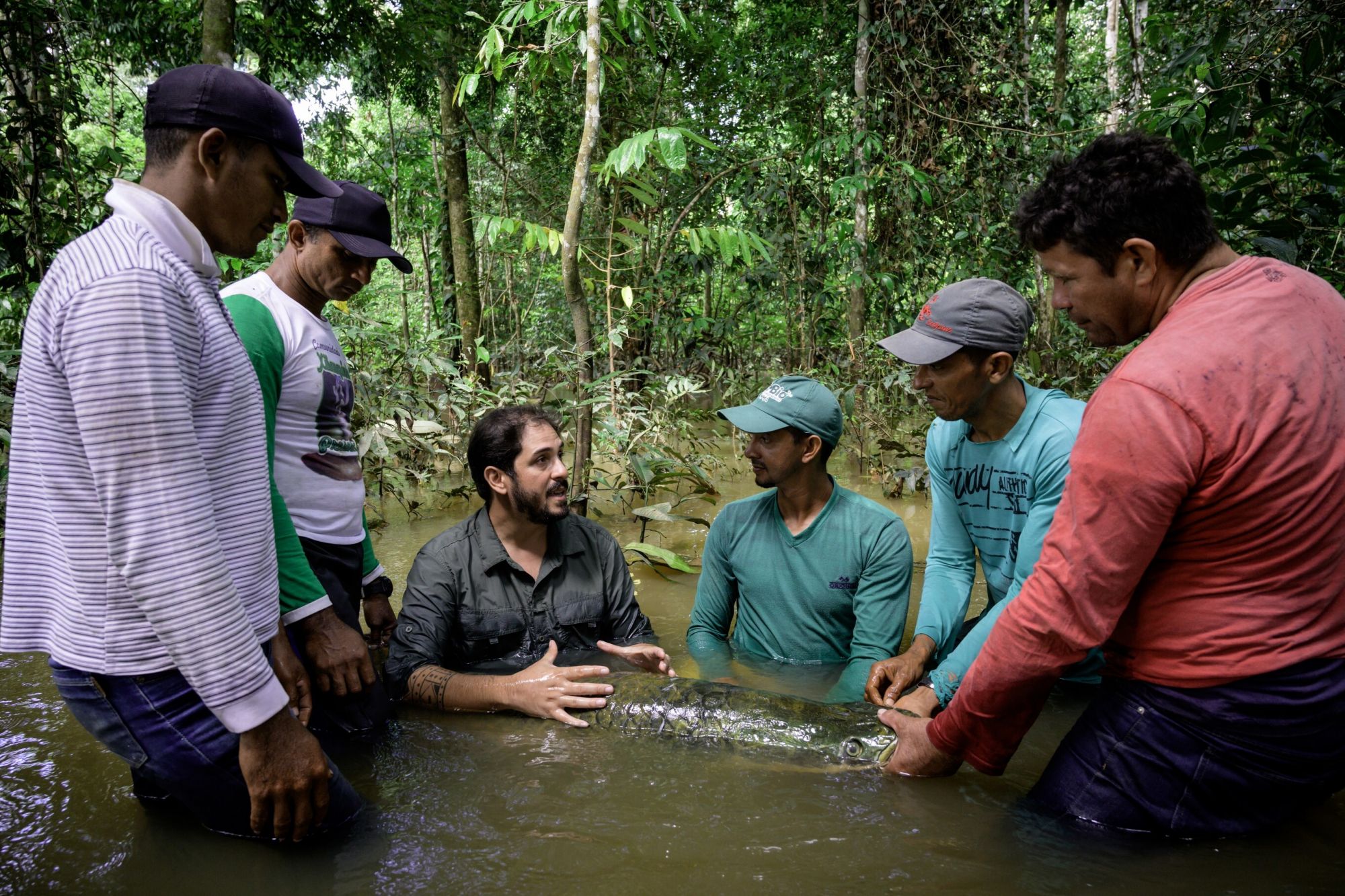Through the Rolex Awards For Enterprise, the Swiss watchmaker gives passionate individuals a platform to further their research and projects in conservation, sustainability and medicine, as part of its mission to help save our planet
When Brazilian conservationist and fisheries biologist João Campos-Silva explained his plans to save the arapaima fish population in the Amazon at the Rolex Awards for Enterprise (RAE) in Washington in June 2019, his passion for his work was obvious. Campos-Silva was one of five laureates honoured at the 2019 edition of the RAE, a biennial initiative by Rolex that recognises and supports enterprising individuals helming innovative projects in the fields of science and health, the environment, applied technology, exploration and cultural heritage.
Referring to the world's biggest scaled freshwater fish, he said: “It’s very large—up to three metres—and can weigh up to 200kg. It has played a central role in feeding Amazonian people since the development of the first human society in the region.”
Due to overfishing, habitat fragmentation and destructive human behaviour, however, the fish’s population is dwindling. Campos-Silva wanted to reverse this while also saving the livelihoods, food supply and culture of rural communities in Amazonia who depend on the region’s rivers for survival.
See also: How One Biofuel Company Is Using Waste Oil To Help Rebuild The Economy

As part of his masterplan, Campos-Silva intended to tag and radio-track 30 specimens of the arapaima, with the intention to study the species' movement, ecology and population dynamics. Forty fishermen and women will be taught to conduct poacher surveillance and employ arapaima census techniques to manage their fish populations and lakes.
“It's a full time [job] of surveillance and patrols to protect the lakes, and protected lakes work like social security for the community. They are also like islands of biodiversity,” Campos-Silva said.
While it’s still early days to determine if his plan will succeed, he has gathered favourable findings on a local level—on the Juruá River in the western Amazon, small, river-connected lakes have been closed to fishing and, coupled with careful fishery management by the local people, the arapaima numbers have jumped by 30-fold.

